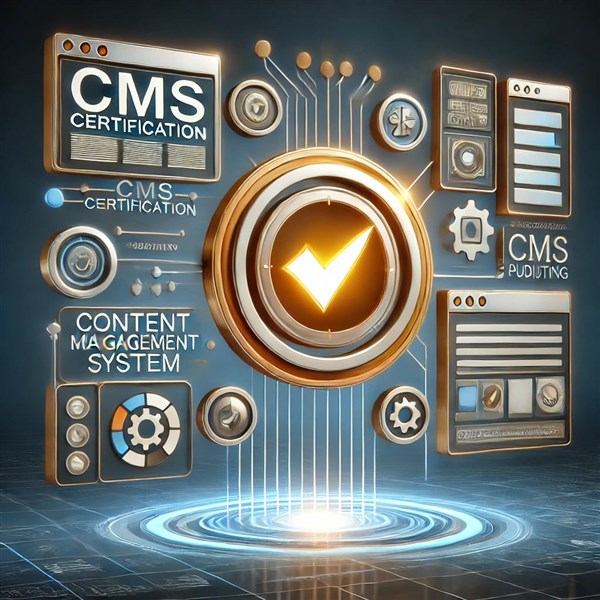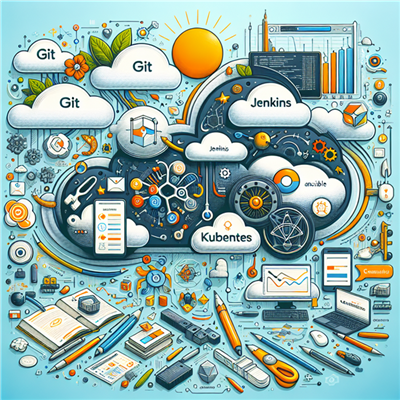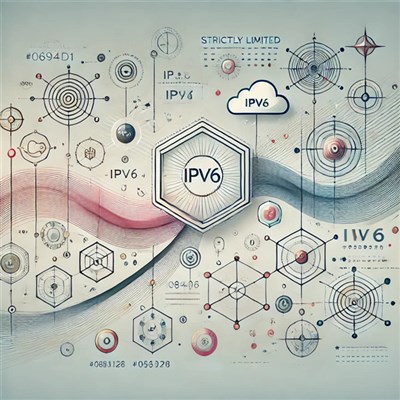
Content Management Systems (CMS) have revolutionized the way websites are built and managed. From WordPress and Drupal to Joomla and Adobe Experience Manager (AEM), CMS platforms power a significant portion of the web today. With businesses relying heavily on digital presence, obtaining a CMS certification has become a valuable credential for web developers, designers, and digital marketers.
However, many candidates make critical mistakes during their certification journey, leading to failed attempts, wasted time, and lost money. If you’re planning to pursue a CMS certification, this guide will help you avoid common pitfalls and ensure your success.
Common Mistakes to Avoid When Pursuing a CMS Certification
1. Choosing the Wrong CMS Certification
Many people jump into CMS certification without proper research. With multiple CMS platforms available, selecting the right certification is crucial. Common mistakes include:
- Choosing a popular CMS instead of one that aligns with your career goals.
- Selecting an outdated or non-recognized certification.
- Enrolling in a certification that doesn’t match your experience level.
💡 Solution: Research different CMS platforms, analyze job market demand, and choose a certification that aligns with your career aspirations. For example:
- If you are into blogging or content management, WordPress certification is a great choice.
- For enterprise-level projects, Adobe Experience Manager (AEM) or Drupal might be better.
2. Underestimating the Difficulty of the Exam
Many candidates believe that CMS certification exams are easy because CMS platforms are designed for ease of use. However, CMS certifications test in-depth knowledge, including:
- Installation and Configuration
- Theme Development and Customization
- Plugin and Module Development
- Security and Performance Optimization
💡 Solution: Treat the exam seriously. Study the official documentation, take practice tests, and work on real-world projects before attempting the exam.
3. Lack of Hands-on Experience
One of the biggest mistakes candidates make is relying solely on theory without practical experience. CMS platforms like WordPress, Joomla, and Drupal require hands-on practice.
💡 Solution: Work on real CMS projects. Set up your own website or contribute to open-source projects to gain practical exposure. This not only helps in exams but also improves job prospects.
4. Ignoring Official Study Materials
Many learners rely on third-party resources instead of official study guides provided by the certifying body. This can lead to gaps in knowledge, as official materials are tailored specifically for the exam.
💡 Solution: Use official study guides, recommended books, and CMS documentation. Enroll in official training programs or partner courses for authentic study materials.
5. Not Taking Practice Tests
Skipping mock exams is one of the most common mistakes candidates make. Practice tests help in:
- Understanding exam format
- Time management skills
- Identifying weak areas
💡 Solution: Take multiple practice tests before the actual exam. Websites like Udemy, Coursera, and official CMS training portals provide mock exams to enhance preparation.
6. Not Managing Time Effectively
Poor time management leads to cramming before the exam, resulting in anxiety and confusion. Many candidates underestimate the preparation time required.
💡 Solution: Create a study schedule and stick to it. Allocate specific time slots for:
- Theory reading
- Practical exercises
- Mock tests
- Revisions
7. Not Understanding the Exam Format
Many candidates go into the exam without understanding the question types. CMS certification exams may include:
- Multiple-choice questions (MCQs)
- Scenario-based problem-solving
- Coding challenges
- Performance-based tests
💡 Solution: Read the exam guide provided by the certification body and attempt sample questions to get familiar with the format.
8. Ignoring CMS Security and Performance Topics
Most CMS certification exams include security and performance optimization questions. Candidates often focus only on basic CMS functionalities while neglecting:
- Website security best practices
- Optimization techniques
- SEO and performance tuning
💡 Solution: Study topics related to CMS security, caching, database optimization, and SEO best practices.
9. Not Joining CMS Communities or Forums
Studying alone can sometimes be demotivating and less effective. Many CMS platforms have active online communities that provide valuable insights, study resources, and real-world problem-solving discussions.
💡 Solution: Join CMS-related forums, Slack groups, LinkedIn groups, and Facebook communities to stay updated on exam changes, get study tips, and interact with certified professionals.
10. Taking the Exam Without Full Preparation
Some candidates rush into taking the exam before they are fully prepared, thinking they can attempt multiple retakes if they fail. However, many CMS certifications have a waiting period or high retake fees, making failure costly.
💡 Solution: Take the exam only when you are confident. Review all topics, take multiple mock tests, and ensure you consistently score well before scheduling your test.
Final Thoughts
Pursuing a CMS certification can significantly enhance your career, but only if you prepare strategically. By avoiding these common mistakes and following a structured study plan, you can increase your chances of passing on the first attempt.
💡 Pro Tip: Keep yourself updated with the latest CMS trends, participate in real-world projects, and join professional CMS certification courses to get the most out of your certification journey.
In conclusion, pursuing a CMS certification is a significant step towards advancing your IT career. However, it's crucial to avoid common pitfalls to ensure your journey to certification is smooth and successful. Partner with a reputable training provider like Koenig Solutions to ensure you receive comprehensive training and support throughout your certification journey.







COMMENT